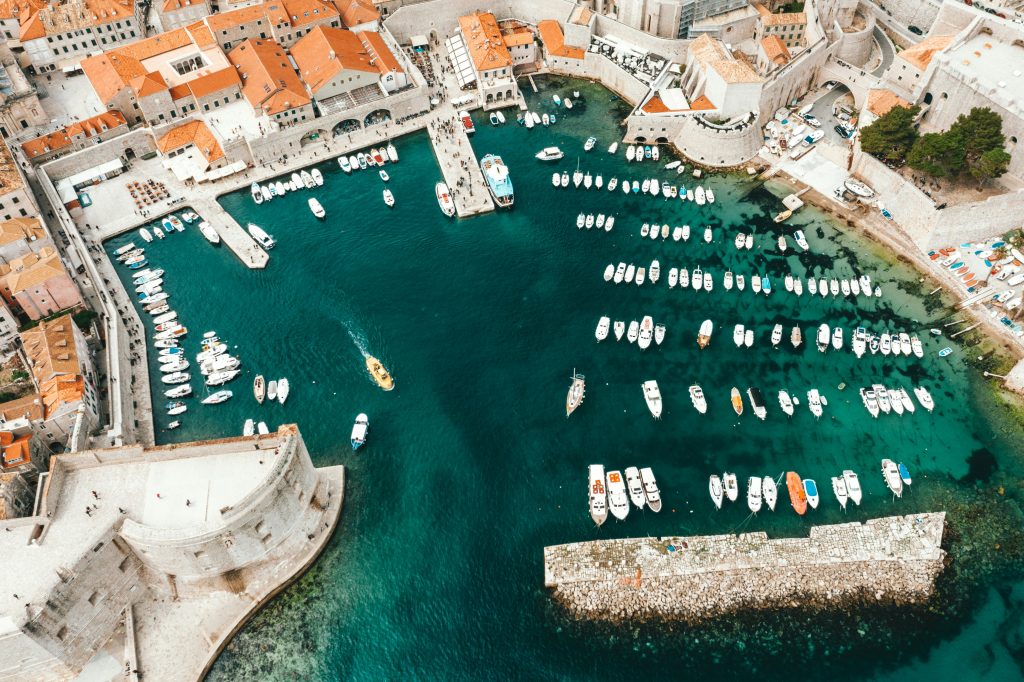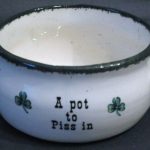March the 14th, 2024 – How much do you know about the Dubrovnik dialect? It’s the least widely spoken of all of the many subdialects of the Croatian language and was once deemed to be independent…
Standard Croatian is complicated enough for the vast majority of people, but what about all of the different dialects? Put someone from Zagorje and someone from the island of Brac (or should I say Broc, as the natives call it) in a room together and watch one try to understand what the other is saying. They’ll have quite the job on their hands if they’re both speaking in their natural ways. There are many places across Croatia where similar phenomena occur, and some words will sadly die with the last generation using them, including many old Dalmatian words which are rarely, if ever, spoken anymore.
Let’s explore the Dubrovnik subdialect, which draws its origins and influences from both Venetian and Florentine dialects of the Italian language and from the Ragusan dialect of Dalmatian. It is spoken down in the extreme south of Dalmatia and is a subdialect of the Shtokavian dialect.
Known simply as ‘Dubrovacki jezik (Dubrovnik language) or Dubrovacki govor (the Dubrovnik way of speaking)’, it is spoken around the border area of Croatia and Montenegro, across the Dubrovnik area, up to parts of the Peljesac Peninsula. In short, it is spoken or used in some way (most commonly in literary texts of a certain age) in the areas which once belonged to the former Dubrovnik Republic (Ragusa), which was independent from 1368 all the way until 1808, when it ceased to exist at the end of the January of that same year.
Let’s have a look at some words used in the Dubrovnik subdialect, with three Dubrovnik words and their English and standard Croatian translations per letter of the alphabet (with the exception of the letters which don’t exist in Croatian at all, that is). Many of them will be more familiar than you’d expect, especially if you speak Italian or other Dalmatian dialects.
Akomodat – to adapt/prilagoditi se
Avizat – to let someone know something or to give them some news/obavijestiti
Arivat – to arrive/doci or stici
Balat – to dance/plesati
Bagaji – luggage or bags/prtljaga
Balun – ball/lopta
Crevje – shoes/cipele
Cukarina – diabetes/secerna bolest (Cukar is also sugar/secer)
Catara – a floating platform such as a ferry/plutajuca platforma/trajekt
Dentijera – false teeth/umjetni zubi
Dinja – water melon/lubenica
Dotur – doctor/lijecnik (doktor)
Ebeta – idiot/budala
Entrata – entrance/ulaz
Eletrika – electricity/struja
Falso – fake or false/neistinito or umjetno
Febra – fever or temperature/temperatura
Favor – a service/usluga
Golokud – corn/kukuruz
Grub – ugly or no good/ruzan
Grop – a knot/cvor
Halav – dirty or unclean/prljav
Hitati – to catch something/hvatati or loviti
Homo – let’s go/idemo
Impicavat – to make someone angry/ljutiti nekoga
Iskat – to look or search for something/traziti
Isat – to lift something up/podici
Jaketa – jacket/jakna
Jedit – to get angry/ljutiti se
Janka – a net intended for small fish/mreza za male ribe
Kapelin – a woman’s hat/zenski sesir
Kapac – someone who is responsible or accountable/sposoban
Ke’ nova – what’s new? how’s it going? how’re you doing?/sta ima novoga? sta ima? kako ste/si?
Lapis – pencil/olovka
Legat – to read/citati
Lentrat – to take a photo of someone/fotografirati kamerom
Manina – bracelet/narukvica
Mirakul – miracle/cudo
Mrkatunja – quince/dunja
Nepuca – niece/necakinja
Neput – nephew/necak
Nevera – bad weather/nevrijeme
Olignji – squid/lignje
Ombrela – umbrella/kisobran
Orcat – to work hard or a lot/puno raditi
Para se – it seems/cini se
Pengat – to draw or colour in/crtati or bojati
Porat – port/luka
Riceta – recipe/recept
Roncat – to make a noise/praviti buku
Redjipet – bra/grudnjak
Saket – bag/vrecica
Sikur – to be sure/siguran
Skaline – steps or stairs/stepenice
Tinel – living room/dnevni boravak
Takujin – wallet/novcanik
Tapit – carpet/tepih
Ufat se – to hope/nadati se
Ukopeciti se – to freeze/smrznuti se
Uzanca – a custom or habit/obicaj or navika
Ventat – to let some fresh air in or ventilate a room/prozraciti
Vizita – to pay a visit/posjet
Vonj – a smell or scent/miris
Zambon – cooked ham/kuhana sunka
Zivina – animal/zivotinja
Zmuo – glass/casa









